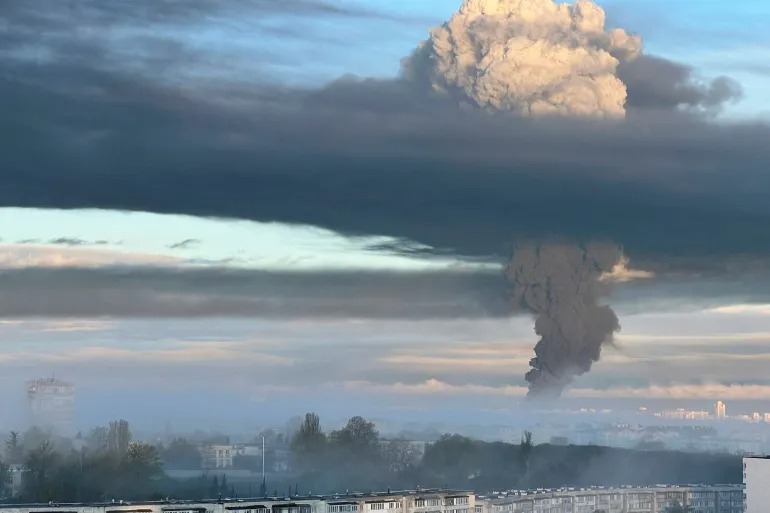Canadian Prime Minister Justin Trudeau has issued a heartfelt apology after a shocking incident in which a World War II veteran, Yaroslav Hunka, who served in a Nazi unit, was honored in Canada’s Parliament. Trudeau referred to this as a “terrible mistake” that deeply violated the memory of all those who suffered during the Holocaust. The controversy has ignited political tensions and raised concerns about Canada’s diplomatic reputation on the global stage.
Unearthing a Painful Past
The incident, which unfolded during a special parliamentary session attended by Ukrainian President Volodymyr Zelenskyy, left the nation in shock. Yaroslav Hunka, a 98-year-old veteran, received not one but two standing ovations during the event. It was only later revealed by Jewish community groups that Hunka had served in the notorious 14th Waffen Grenadier Division of the SS Nazi military unit during World War II. This revelation led to widespread calls for an explanation and a formal apology.
Trudeau’s Apology and Diplomatic Fallout
In response to the uproar, Prime Minister Trudeau stepped forward with an official apology. He expressed remorse for the incident, not only to the Canadian public but also to President Zelenskyy and the entire Ukrainian delegation. Trudeau emphasized that the situation had been exploited by Russia for propaganda purposes, adding a layer of international complexity to the controversy. Russia, currently engaged in a military offensive against Ukraine, condemned Canada’s decision to honor Hunka as “outrageous.”
Political Fallout and Calls for Accountability
Despite Trudeau’s apology, the fallout from the incident has left his government facing intense scrutiny. Opposition leader Pierre Poilievre of the Conservative Party criticized the Prime Minister for failing to adequately vet Hunka before his parliamentary recognition. The controversy has further strained Trudeau’s political standing, with questions raised about his leadership and Canada’s international image.
Jagmeet Singh, leader of the progressive New Democratic Party (NDP), emphasized the real-world consequences of the scandal, stating that “real damage has been done — real damage to the Jewish community, real damage to the war effort in Ukraine and real damage to Canada’s reputation.” The political pressure mounted on Trudeau resulted in the resignation of the Speaker of the House of Commons, Anthony Rota, who took sole responsibility for recognizing Hunka during the parliamentary session.
In conclusion, the Nazi honoring scandal in Canada’s Parliament has not only raised questions about the nation’s historical awareness but also triggered a complex diplomatic and political crisis. Trudeau’s apology, while heartfelt, may not be enough to quell the storm of controversy surrounding this deeply regrettable incident. The repercussions of this “terrible mistake” will undoubtedly reverberate within Canadian politics and on the international stage for some time to come.
















